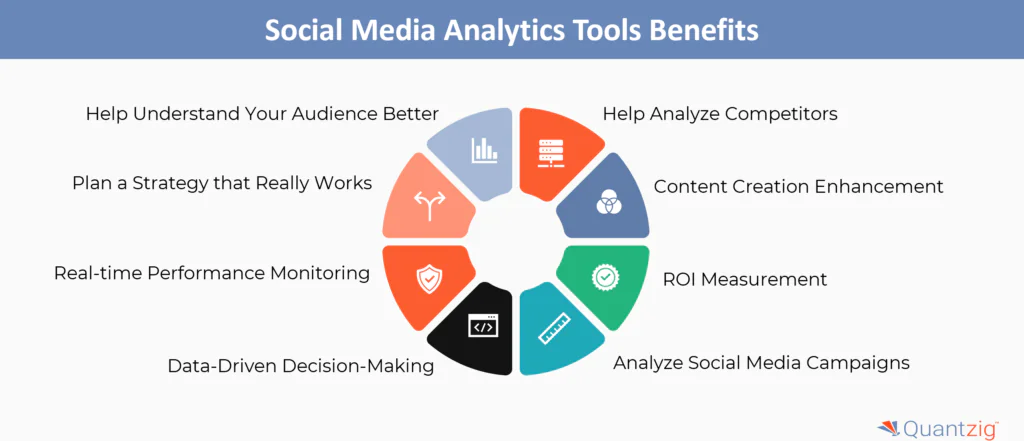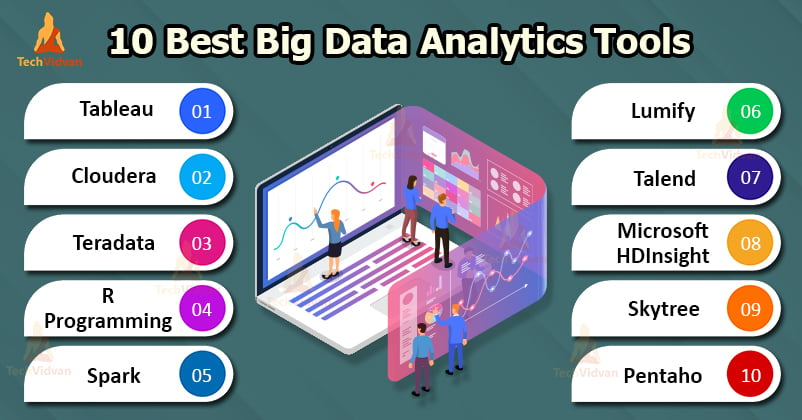Optimize Growth: Just How Analytics Drive Better Methods
By taking advantage of information understandings, businesses can fine-tune their functional strategies, prepare for market changes, and enhance client interaction. The obstacle exists not just in accumulating information but in efficiently translating it to drive tangible end results.
Comprehending Information Analytics
Information analytics is an organized computational evaluation of information that makes it possible for companies to reveal meaningful patterns and insights. This process encompasses a variety of techniques, consisting of analytical evaluation, predictive modeling, and data mining, which jointly intend to change raw information into actionable information - Analytics. By employing these approaches, organizations can make informed decisions that are rooted in empirical proof instead than instinct alone
The structure of data analytics lies in its ability to handle vast quantities of details from varied sources. This includes organized information, such as databases, and unstructured information, consisting of social media sites communications and client comments. Through using specialized software application and tools, analysts can remove and refine this data efficiently, recognizing patterns and connections that may not be instantly apparent.
Recognizing data analytics also entails identifying the significance of data top quality and stability. Trustworthy and precise information is vital for significant evaluation; therefore, organizations need to execute durable data administration methods. Furthermore, the repetitive nature of analytics permits continual refinement and enhancement of techniques, making certain that organizations continue to be nimble despite transforming market dynamics and consumer behavior.
Secret Benefits of Analytics

Among the crucial benefits of analytics is its ability to give actionable understandings. Organizations can swiftly examine huge amounts of data, uncovering patterns that might not be promptly evident. This assists in preparing for market changes and adjusting methods as necessary. Additionally, analytics promotes a culture of evidence-based decision-making, decreasing dependence on instinct and uncertainty.
One more substantial benefit is enhanced consumer understanding. Analytics tools enable organizations to segment their audience, track customer actions, and personalize marketing efforts. This targeted approach not only enhances consumer engagement but additionally drives greater conversion prices.

Implementing Analytics Methods
To totally recognize the benefits of analytics, organizations must adopt organized strategies for execution. This begins with clearly defining purposes that straighten with broader company objectives. By establishing details, measurable outcomes, companies can concentrate their analytics initiatives on areas that yield the highest possible return on investment.
Next, organizations must prioritize data governance to guarantee the internet honesty and safety of the information being evaluated. This includes establishing protocols for data collection, storage, and access while adhering to pertinent laws. Making certain top quality data is crucial for producing significant insights.
Furthermore, fostering a culture of data-driven decision-making is vital. This requires training employees to translate analytics searchings for and motivating collaboration across departments. They are much more most likely to integrate understandings into their daily procedures. when groups recognize the value of analytics.
Lastly, organizations ought to frequently assess and improve their analytics methods. The landscape of information and innovation is constantly evolving, and view it remaining adaptable will enable organizations to utilize brand-new tools and methods efficiently. By executing these organized methods, organizations can optimize the effect of their analytics initiatives and drive lasting growth.
Devices for Efficient Analysis
Reliable analysis relies on a selection of tools that promote the extraction of insights from information - Analytics. These tools can range from easy spreadsheet applications to advanced machine discovering platforms, each serving a distinct objective in the logical procedure
Data visualization software, such as Tableau and Power BI, plays a crucial function in changing complex datasets into reasonable visual representations. These tools allow experts to identify fads and patterns quickly, permitting even more enlightened decision-making.
Analytical analysis software application, like R and SAS, uses innovative capabilities for carrying out thorough evaluations, consisting of regression, theory screening, and predictive modeling - Analytics. These features equip organizations to attract significant verdicts from their information, recognizing potential opportunities and risks
Additionally, data source monitoring systems such as SQL and NoSQL data sources give the necessary infrastructure for storing and querying large volumes of data efficiently. They ensure that data is organized and accessible for analysis.
Lastly, company intelligence systems incorporate numerous information resources, supplying a detailed view of organizational performance. By utilizing these devices properly, organizations can boost their logical abilities, enabling them to develop approaches that optimize development and enhance overall efficiency.
Study of Success
Effective companies commonly take advantage of information analytics to drive impactful techniques, as shown by a number of remarkable situation researches. By employing these understandings, Netflix has effectively customized its content suggestions, resulting in raised individual involvement and subscriber retention.

In More Info addition, Starbucks employs data analytics to identify ideal shop areas and improve its item offerings. By checking out consumer demographics and acquiring patterns, Starbucks efficiently recognizes high-potential markets and customizes its food selection to local tastes, driving sales and consumer commitment.
These situation researches illustrate that reliable utilization of data analytics can bring about critical advantages, promoting advancement and development within organizations across various industries.
Verdict
Finally, the assimilation of analytics right into organizational techniques considerably enhances decision-making processes and cultivates lasting growth. By leveraging data-driven insights, organizations can recognize patterns, expect market shifts, and maximize procedures. The efficient implementation of analytics devices better supports agility and technology, allowing organizations to browse affordable landscapes with greater accuracy. Eventually, a commitment to analytics not just drives instant performance improvements but additionally protects long-term success in an ever-evolving industry.
Data analytics is an organized computational analysis of data that allows organizations to discover purposeful patterns and insights.Understanding data analytics additionally includes recognizing the value of information high quality and honesty. Trusted and precise information is essential for significant evaluation; thus, organizations should implement durable data governance methods.Following, organizations must focus on data governance to make certain the integrity and safety of the information being assessed.Successful organizations usually leverage data analytics to drive impactful techniques, as confirmed by numerous remarkable case studies.